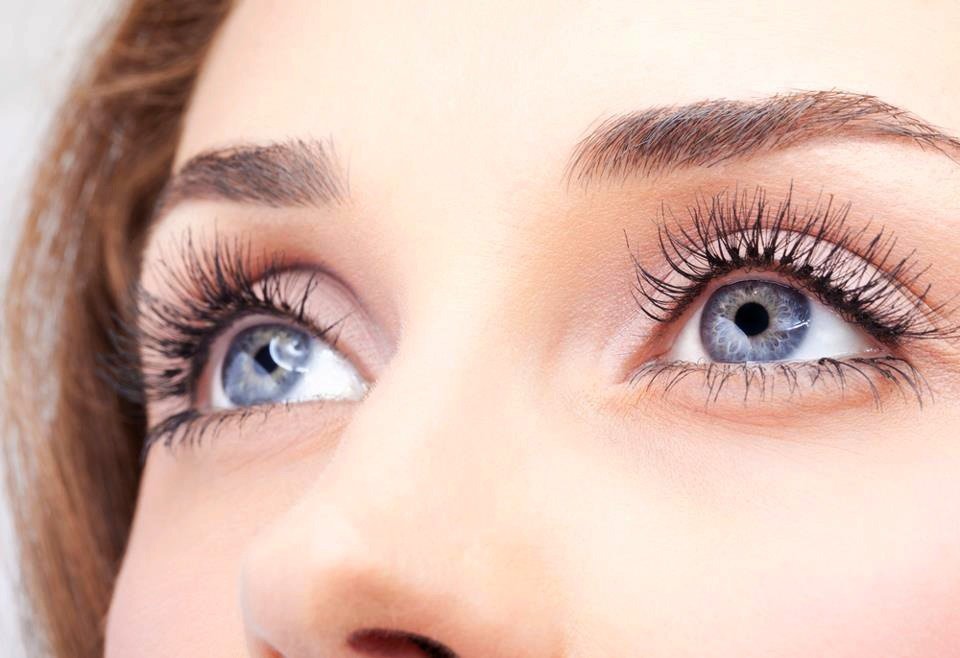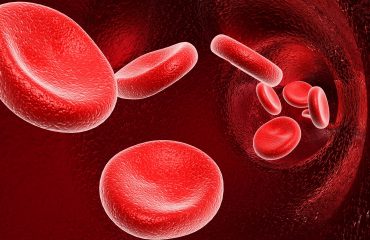Natural Tips for Prevention of Dry Eye
Do your eyes ever feel tired or gritty? If so, you may have Dry Eye, one of the most common ocular conditions. Though it can affect anyone, Dry Eye is more common with age. It is also more common in women.
What is Dry Eye? Dry Eye develops when the eye cannot maintain a healthy coating of tears. The tear film evaporates quickly and leaves the surface of the eye without adequate lubrication. The exposed surface of the eye commonly leads to discomfort, with the feeling that there is dirt or pebbles in the eyes. It can even lead to eye pain.
Other symptoms such as redness, crusting, blurred vision, and light sensitivity may develop; it can also lead to excessive tearing or watering. Though it may seem contradictory, the eyes water because the initial dryness stimulates the tear glands to overproduce tears. If you can improve the Dry Eye, you will improve the tearing as well.
What causes Dry Eye? The condition can be caused by hormonal changes brought on by menopause. There are a variety of other causes: environmental factors, both outdoor (such as wind and sun exposure), and indoor (forced air from air conditioning or dry heat), exposure to smoke, cooking fumes or chemicals, cold or allergy medicines, and glaucoma drops. Certain medications can also decrease the production of tears. Occasionally, severe Dry Eye is caused by inflammation along the eyelids (known as blepharitis) which affects the quality of the tear film.
How is Dry Eye Treated? Dry Eye should be initially treated with artificial tears or lubricating drops. There are a plethora of artificial tear solutions available over the counter, including generics and brand names such as Refresh®, Systane® or Genteal®. If you use a generic, make sure that it has no preservatives or an ingredient named polyvinyl alcohol, which can be toxic to the surface of the eye and make symptoms worse.
Lubricating ointments are useful at bedtime to provide lasting moisture overnight to prevent severe symptoms and crusting upon awakening. Cleaning the lids daily to remove oils and debris along the lashes is recommended. Baby shampoo (which is PH-balanced for the eye) as well as lid scrubs or pads with cleansers such as over the counter Ocusoft® may be used once or twice daily. Hot or cool compresses also provide relief. Sunglasses with side panels for protection, as well as a wide-brimmed hat may help protect eyes from environmental factors which exacerbate Dry Eye. There are also prescription medications which help reduce inflammation.
It is important to remember that we live in a digital world where most people (including children) spend hours every day on screens—smart phones, devices, computers, TV. This prolonged screen time can bring on or exacerbate Dry Eye. Though limiting screen time is helpful, it is not always practical. Therefore, taking frequent breaks to prevent Dry Eye symptoms is a helpful approach. Try to follow the 20-20 rule: every 20 minutes, take a 20 second break by closing your eyes and refreshing your tear film.
Nutritional approaches are also important; for example, a diet rich in diverse anti-oxidants such as green, leafy vegetables, blueberries, and broccoli may help restore balance in the tear film and reduce inflammation. According to the National Eye Institute, supplements or dietary sources of omega-3 fatty acids, which reduce inflammation, may decrease symptoms of irritation in Dry Eye. Omega-3s are found in fish or flaxseed oil, algae, and chia seeds. If inflammation of the eyelids or surface of the eye worsens, it makes sense that a supplement could help the problem.
A study of more than 32,000 women from the Women’s Health Study published in 2005 found those who consumed more omega-3 fats had a 17% lower risk of Dry Eye. More recently, a study in the International Journal of Ophthalmology concluded omega-3 fatty acids “have a definite role for Dry Eye Syndrome.”
It is important to remember that Dry Eye, though common, needs to be managed appropriately before it becomes too advanced. Treating the symptoms with lubricants, protecting the eyes from external triggers, and having a balanced diet with plenty of antioxidants and omega-3 fatty acids, will help to maintain the health of your eyes and seeing clearly for years to come.





